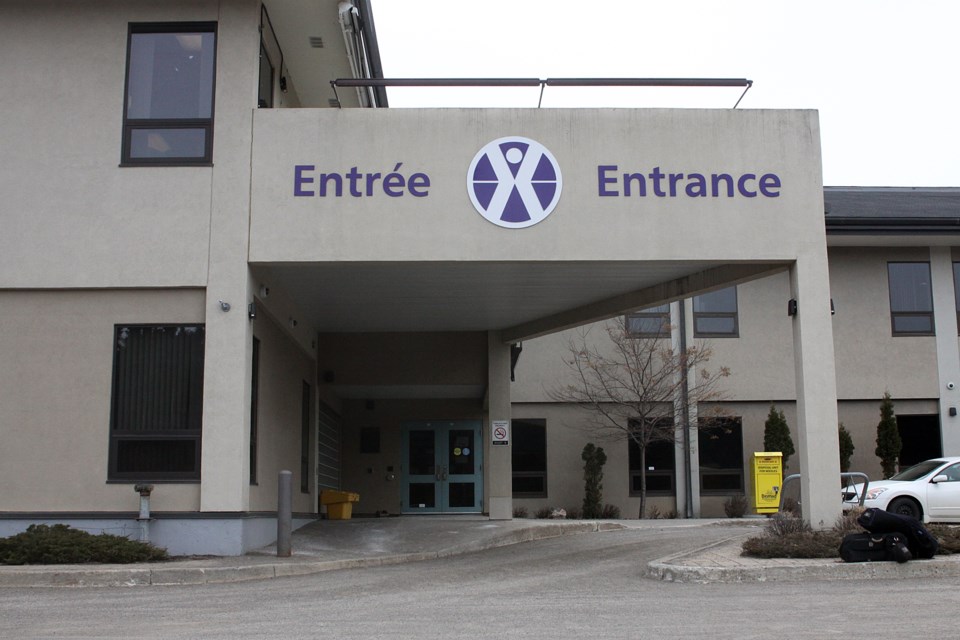THUNDER BAY – The Thunder Bay District Health Unit’s decision to reduce the frequency of its COVID-19 reporting won’t take away from residents’ ability to understand local pandemic trends, says medical officer of health Dr. Janet DeMille.
The agency moved to a single weekly update on local COVID-19 data this week, after previously reducing its daily updates to three times per week.
The health unit’s online COVID dashboard will now be updated on Thursdays, while vaccination data will be updated every second Tuesday.
The decision came as other health units and provincial health agencies made similar changes, said DeMille.
While she said she understands concerns over reducing reporting as the province enters a seventh wave of infections, she argued the change could actually provide a clearer picture of the local COVID situation.
“I think giving people a week’s worth of data will actually make it clearer whether things are going up, down, or have plateaued.”
“Providing it once a week will give people that seven days of data, so it helps remove all of the daily fluctuations in the data, and people will be able to see the trends. I think that’s more important.”
Some data, like hospitalizations and wastewater, is also delayed by several days, she noted.
DeMille also questioned the utility of daily updates for the public
“I do want people to recognize that this is happening, I really want them to review what their layers of protection are” to protect themselves and those around them, she said.
“But at the same time, we do want to enjoy our summers and not be too hypervigilant about what’s happening with COVID, when we already all know the tools we can use to manage through it.”
The decision to report data less frequently wasn’t based on COVID being less serious now than in the past, she said.
It did respond in part to having less data to parse on a daily basis, with access to PCR testing highly limited and contract tracing ended, DeMille said.
